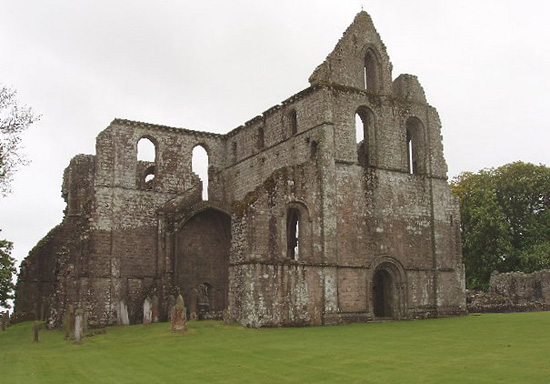- Study in AustraliaAustralian Universities/CollegesPrograms by faculty AusAustralian VisasLife in Australia
- Study In New ZealandNew Zealand UniversitiesPrograms by Faculty NZNew Zealand VisasLife in New Zealand
- Study in CanadaUniversities/Colleges in CANADAPrograms by faculty CanadaCanadian VisasLife in Canada
History
| History of Scotland | |||
| Scotland was first decisively settled after the end of the last glacial period, roughly 10,000 years ago. Prehistoric Scotland entered the Neolithic about 4000 BC, the Bronze Age about 2000 BC, and the Iron Age around 700 BC. The recorded history of Scotland begins with the arrival of the Roman Empire in the 1st century, the Roman province of Britannia reached as far north as the Antonine Wall, which once ran from the Clyde to the Forth.To the north lay the territory of the Caledonia, by name whose people were described as "Picti", in Latin, meaning ‘painted ones’. Due to constant incursions from these Picti the Roman legions would be forced back to Hadrian's Wall within 20 years of its construction, and forced to abandon the territory by the beginning of the 3rd Century. | | ||
| According to 9th and 10th century literature, the Gaelic kingdom of Dál Riata was founded on the west coast of Scotland in the 6th century. In the following century Irish missionary Columba would found a monastery on Iona and introduce the previously pagan Scotti to Celtic Christianity, and with less success the Picts of Pictland. King Nechtan of Pictland would later choose to expel the Columban church in favour of the Roman, principally to restrict the influence of the Scoti on his kingdom and to avoid a war with Northumbria. In the same period Angles had conquered the previously Brythonic territory south of the Clyde and Forth, initially creating the Anglo Saxon kingdom of Bernicia, later becoming a part of the Kingdom of Northumbria. Towards the end of the 8th century all three kingdoms would be raided, settled and to some extent come under Viking control. Successive defeats by the Norse would force the Picts and Scoti to cease their historic hostility to each other and unite in the 9th Century, to form the Kingdom of Scotland. The Kingdom of Scotland was united under the descendants of Kenneth MacAlpin, first king of a united Scotland. His descendants, known to modern historians as the House of Alpin, would fight amongst each other during frequent disputed successions. The last Alpin king, Malcolm II, died without issue and the kingdom passed through his daughter's son, Duncan I, who started a new line of kings known to modern historians as the House of Dunkeld or Canmore. The last Dunkeld king, Alexander III, died leaving only a single infant granddaughter as heir. When Margaret, Maid of Norway herself died in a tragic shipwreck en route to Scotland. England, under Edward I, would take advantage of the questioned succession in Scotland to launch a series of conquests into Scotland. The resulting Wars of Scottish Independence were fought as Scotland passed back and forth between the House of Balliol and the House of Bruce. Scotland's ultimate victory in the Wars of Independence under David II would confirm Scotland as a fully independent and sovereign kingdom. When David II died without issue, his nephew Robert II established the House of Stuart, which would rule Scotland uncontested. James VI, Stuart king of Scotland, would also inherit the throne of England and the Stuart kings and queens would rule both independent kingdoms until the Act of Union in 1707 merged the two kingdoms into a new state, the Kingdom of Great Britain. Queen Anne was the last Stuart monarch, ruling until 1714. Since 1714, the succession of the British monarchs of the houses of Hanover and Saxe-Coburg and Gotha (Windsor) has been due to their descent from James VI and I of the House of Stuart. During the Scottish Enlightenment and Industrial Revolution, Scotland became one of the commercial, intellectual and industrial powerhouses of Europe. Its industrial decline following the Second World War was particularly acute, but in recent decades the country has enjoyed something of a cultural and economic renaissance, fuelled in part by a resurgent financial services sector, the proceeds of North Sea oil and gas. | |||
For more information, please contact one of our offices
Study in Australia | Study in the UK | Study in Malaysia | Study in Canada | Study in the USA | Study in New Zealand














